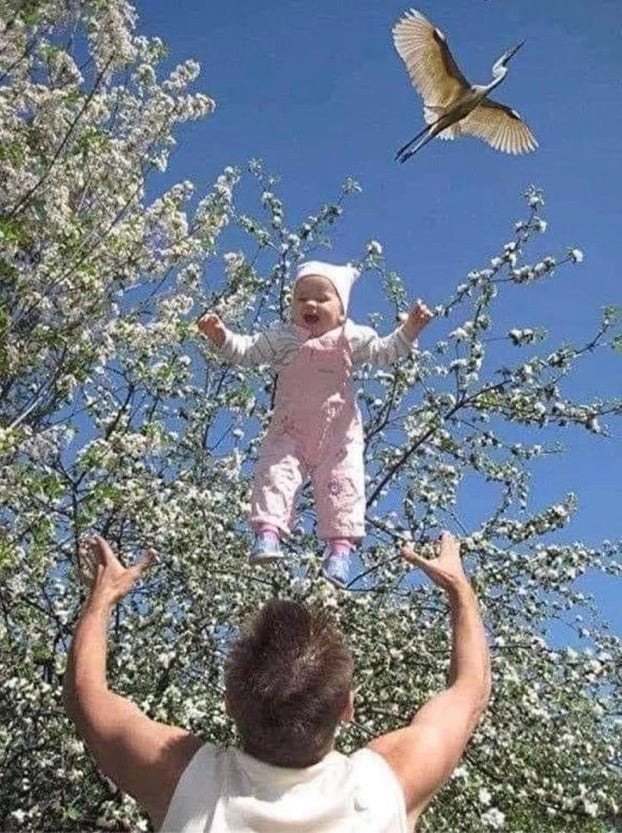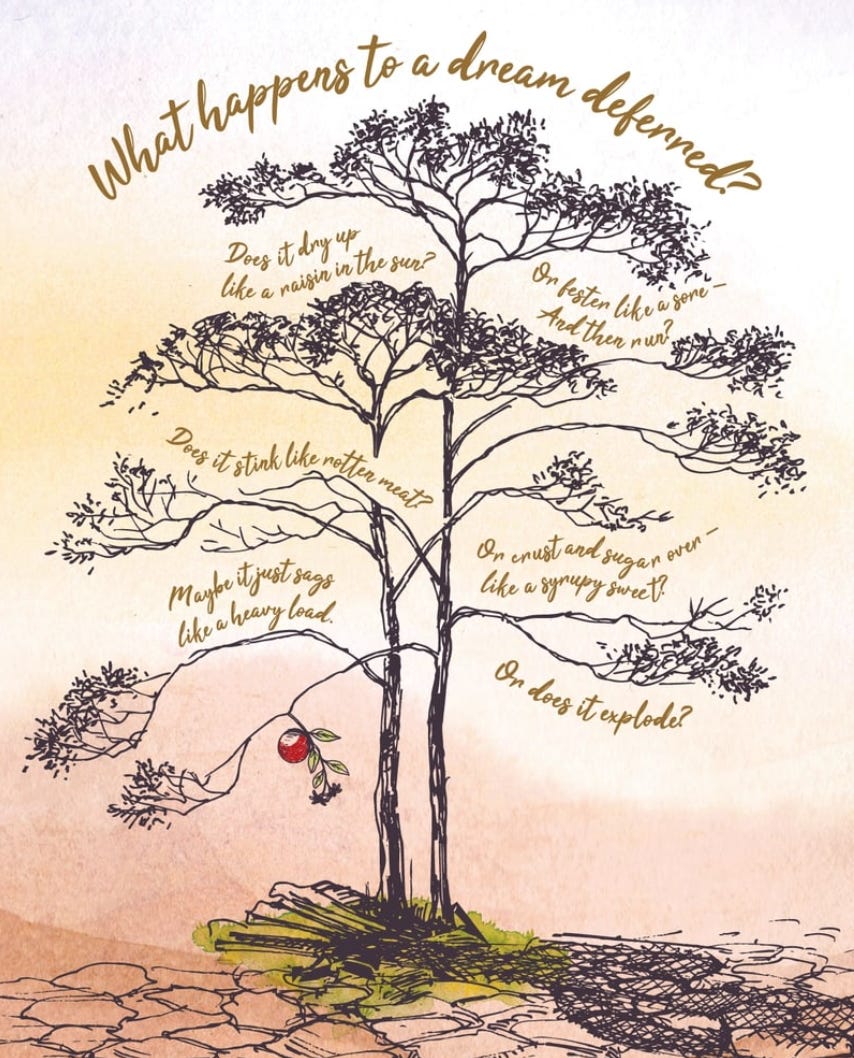Dear Small Talker,
Welcome to the twenty ninth edition of Small Talks. Every Friday, I highlight 6 areas of weekly joys and reflections in early childhood and the whole family. Small Talks leverages my experience at the intersection of education, philanthropy and impact investing. Enjoy!
What I’m celebrating -
The U.S. had a universal early care and education system during World War II with over 600,000 children enrolled to allow mothers to work. New study finds it boosted boys’ academic and financial outcomes decades later.
Important new research by Aaron Sojourner and colleagues at the University of Minnesota highlights how American kids’ care experiences before kindergarten are very unequal.
The analysis shows that young children experience very different quality environments BOTH at home AND outside of home, depending on their parents’ education/socio-economic status (SES). Children from lower SES spend more time in external care that are generally lower quality.
Also, below an interesting visual on impact on achievement gaps that grow the most in the early years and stabilize when children enter K-12.
50 CEOs call on Congress: “Now is the time to pass bipartisan, comprehensive, sustainable reforms to our nation's childcare system.”
What I’m listening to -
OnBeing interview “How Trauma and Resilience Cross Generations” with Dr. Rachel Yehuda, one of the leading researchers on intergenerational adversity and resilience. She has studied the biology of trauma on holocaust survivors’ children, and 9/11 pregnant mothers and children.
What should be the purpose of education? Jeff Duncan Anrade, Prof. of Latina/o Studies, Race and Resistance at San Francisco State University, asks “why do we take children by law from their families at age 6 for 13 consecutive years for eight hours a day?” The response, he says - youth wellness.
What I’m reading -
“Timeless Learning: How Imagination, Observation and Zero-Based Thinking Change Schools” by Ira Socol, Pam Moran and Chad Ratliff is a progressive take on schools. Through project-based learning, maker learning, and interactive digital leaning, the book makes a case to move our education from content-driven adult-led teaching to new learning spaces & communities that are context-driven and child-led.
What I’m watching -
Beautiful 7min video by psychologist Alison Gopnik highlights how caring for the vulnerable opens gateways to our richest, deepest brain states.
What I’m learning and exploring more deeply -
Thought provoking piece by Arthur Brooks“The Real Reason Kids Don’t Like School - Loneliness is a far bigger problem than a distaste for hard work.”
"Gallup found that having a best friend at school is the best predictor of student engagement in both fifth grade and 11th."
Another "study shows that students with 'reciprocal friendships' are more likely to enjoy school and are more successful in the classroom."
The pandemic made everything worse. 42% of teenagers felt “more lonely than usual.” The same survey found that “24% say they’re connecting with their teachers less than once a week.”
Optimist take on effect of moms’ mask wearing on their babies “Face masks don’t obscure parents’ love”.
Beautiful reflection by Edward Dugger, President at Reinventure Capital on the myth of the investing meritocracy, anchored in 1951 “Harlem”poem by Langston Hughes, “What happens to a dream deferred”.
I serve on the U.S. board of Think Equal, a non-profit focused on socio-emotional learning for 3-6 year olds. Think Equal has conducted multiple evaluations. The latest one in Australia shows that “children [using Think Equal] were more emotionally regulated, less anxious and withdrawn, demonstrated greater extraversion, and had lower negative affect.” I am biased here, but isn’t this precisely what we need?
Quote I am pondering -
“A (hu)man is never as big as when he is on his knees to help a child.”
—Pythagore
Feedback is a gift. Which part above is your favorite? What did I miss? What do you want more or less of? Other recommendations? Please kindly let me know. Thank to all all of you who are sending me amazing suggestions.
If you enjoy this newsletter, please help spread the word by sharing with your friends, colleagues, and networks.
Have a wonderful week. Please stay safe and care for each other.
Isabelle









“why do we take children by law from their families at age 6 for 13 consecutive years for eight hours a day?” that's a good questions. who does it serve if the system isn't yet 100% equitable? the country, economy, organisations, teachers, parents, children? if we can really value the intangible more as society, we might move closer 'perfect' education systems.
"I’m not here to rule the world. I’m not here to be somebody big. I’m here to be a very small part of something much larger than myself." documentary, the last shaman, netflix.
As always thank you for the collection of rich resources Isabelle.
Another great "issue" of Small Talks! Can you provide the source for the achievement gap graphic? laura@laurakohn.org